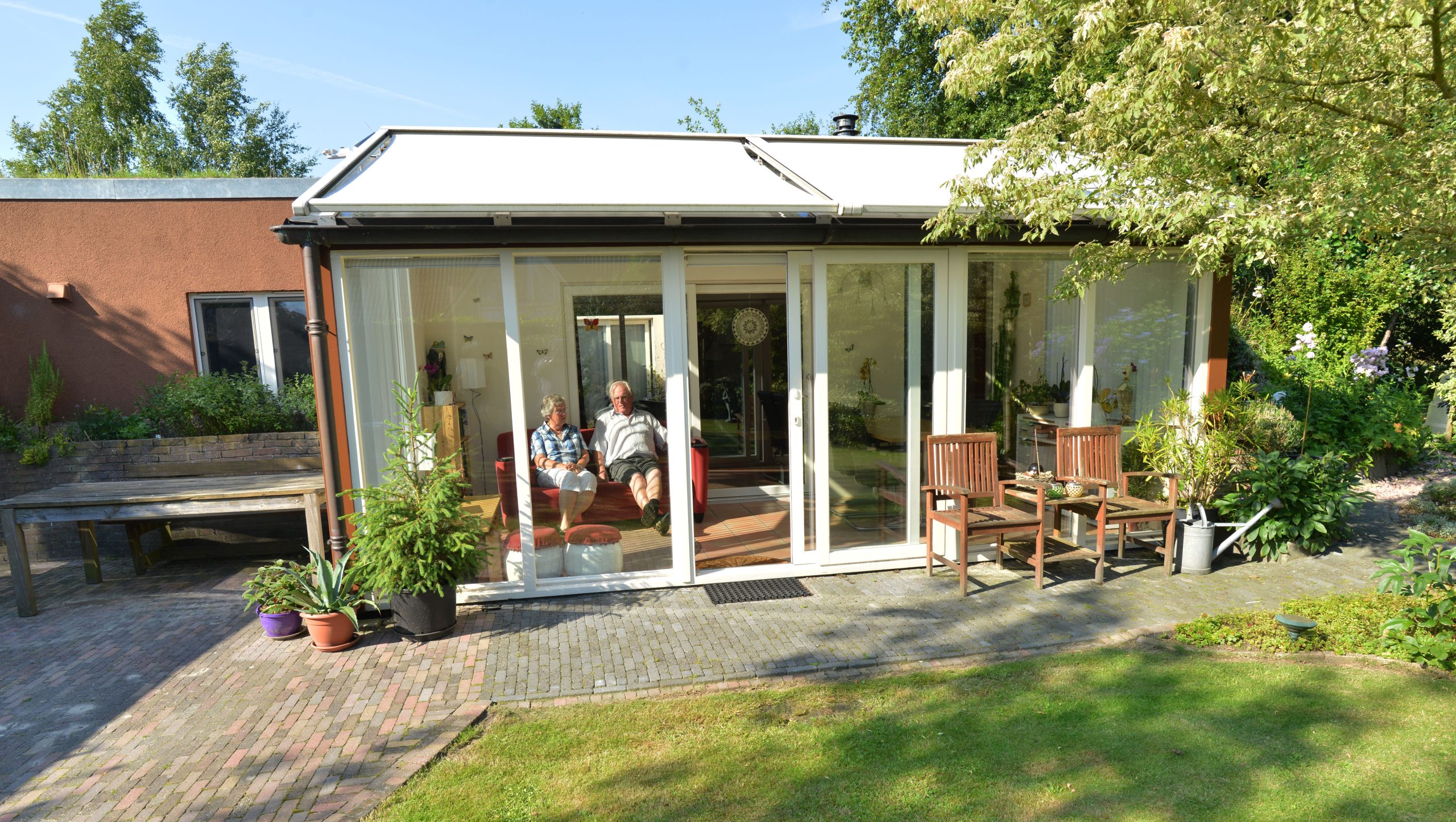
Sustainability has become a central theme in modern life, influencing everything from our consumption habits to the way we construct our homes. A key development in this movement is the rise of green home certifications, which have emerged as a crucial aspect of real estate and construction. These certifications provide a framework for environmentally friendly building practices and ensure homes meet specific sustainability standards. But what exactly are green home certifications, and why are they important?
What Are Green Home Certifications?
Green home certifications are formal recognitions that a residential property meets specific environmental performance standards. These standards are typically set by independent third-party organizations focused on promoting sustainable building practices. A green-certified home is designed, constructed, and sometimes renovated to minimize its environmental impact while enhancing the health and well-being of its occupants.
The criteria for green home certifications can vary, but they generally emphasize key areas such as:
- Energy Efficiency: Evaluating how well a home minimizes energy consumption through efficient appliances, quality insulation, and renewable energy sources.
- Water Conservation: Incorporating water-saving fixtures and systems, like low-flow toilets, rainwater harvesting, and drought-resistant landscaping.
- Indoor Air Quality: Ensuring the use of materials that reduce indoor air pollutants, creating a healthier living environment.
- Sustainable Materials: Encouraging the use of recycled, renewable, or sustainably sourced materials to reduce environmental impact.
- Site Sustainability: Managing building sites responsibly, considering land use, erosion control, and the protection of natural habitats.
Types of Green Home Certifications
Several well-known green home certification programs exist, each with its own standards and criteria:
- LEED (Leadership in Energy and Environmental Design): Administered by the U.S. Green Building Council, LEED is one of the most prestigious green building certifications, covering a wide range of building types, including homes.
- Energy Star: A program by the U.S. Environmental Protection Agency, Energy Star certifies homes that achieve superior energy efficiency, often resulting in lower utility bills and reduced greenhouse gas emissions.
- National Green Building Standard (NGBS): Developed by the National Association of Home Builders, NGBS focuses on sustainability in residential properties, including construction, renovation, and land development.
- Living Building Challenge: This certification goes beyond traditional green standards, aiming to create structures that are not just less harmful but actively beneficial to the environment, emphasizing regenerative design and holistic sustainability.
Why Green Home Certifications Matter
Green home certifications offer numerous tangible benefits for homeowners, builders, and the environment:
- Environmental Impact: Certified green homes promote energy efficiency, reduce water usage, and encourage the use of sustainable materials, helping to lower the housing sector’s carbon footprint. They often include features that protect local ecosystems, such as native landscaping and waste reduction practices.
- Health and Well-Being: Green-certified homes prioritize indoor air quality by using low-VOC paints and non-toxic materials, contributing to a healthier living environment. Enhanced natural lighting and improved acoustics also add to the overall comfort and well-being of occupants.
- Financial Benefits: Homeowners can enjoy lower utility bills and higher resale values. Builders may benefit from government incentives like tax credits and grants. Green certifications also help future-proof properties against tightening regulations on energy efficiency and environmental impact.
- Market Demand and Future-Proofing: As demand for sustainable living increases, green certifications offer a competitive edge in the real estate market. They assure homebuyers of high environmental standards and help ensure long-term compliance with evolving regulations.
Green Home Certification and Sustainability in Residential Construction
Green home certifications are more than just a trend; they represent a critical shift towards sustainable living. These certifications ensure that homes are built with environmental responsibility, health, and the future in mind, providing benefits for homeowners, builders, and the planet. Understanding the importance of green home certifications can help individuals make more informed decisions that contribute to a sustainable and healthier world.
In an age where environmental concerns are paramount, green home certifications offer a concrete way to make a positive impact. Whether building a new home, buying an existing one, or enhancing a current property’s sustainability, these certifications pave the way for a greener, healthier, and more prosperous future.